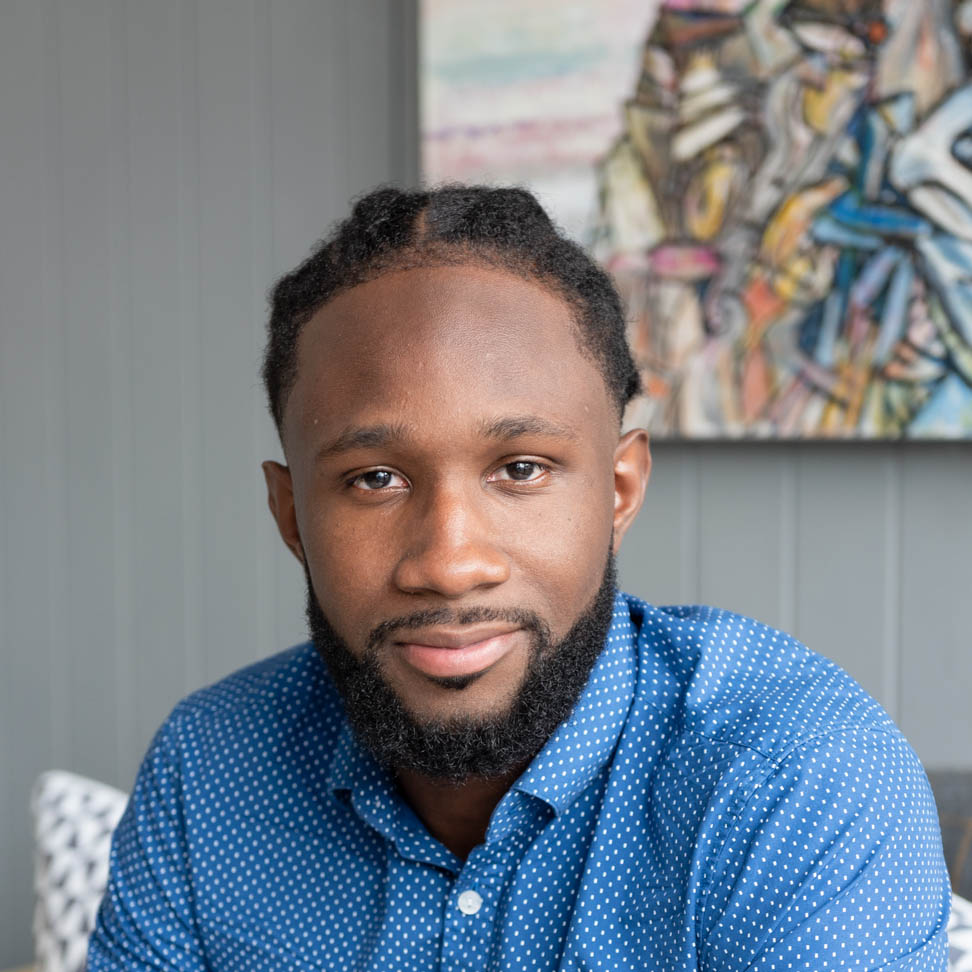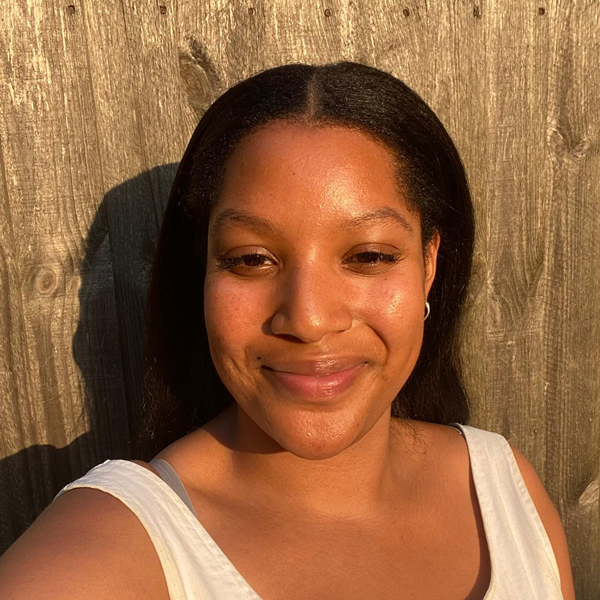Kudzai Matsvai

Kudzai Matsvai, Equity, Diversity, & Inclusion Specialist, Educator, Activist & Architectural Designer
London/Liverpool, United Kingdom
What inspired you to want a life in Architecture and the creative industries?
I was inspired to pursue a career in architecture/the creative industries because growing up I rarely saw people who looked like me taking up space in these industries. I wanted to be a voice for the underrepresented in a way that was desperately needed, and I wanted to be a source of positive representation for those who might also be struggling to see themselves in the profession.
Who inspired you in finding your path to Architecture and the creative industries?
My sixth form art teacher at Lampton School, Kirsty Rothwell, is the person who encouraged and inspired me to pursue an architectural career. She sat with me when I did not know what to apply for at university and helped me to pursue this path. Her reassurance that someone like me was more than capable of being an architect was what I needed when I did not yet believe in myself.
As I have progressed through the profession, it has been Black women who have been my unwavering support and inspiration to continue through architecture.
How you unlock obstacles and overcome bias in your work?
I overcome obstacles in my work by constantly reminding myself that it is much bigger than me. As a queer Black woman, I cannot afford to give in to the negative because there are so many out there who need positive representation from those who proceeded them.
I am also strengthened by all the good grassroots work I see happening daily within the profession.
What improvements you feel are required to promote effective change in the academic and working environment?
The architectural profession desperately needs to widen its reach. It is still too much the same type of person, from the same type of place being encouraged into the profession, and that is why we end up with gross underrepresentation of so many diverse groups and people.
We need to be doing more to reach prospective students well before they are looking at applying to university, and once they are there, we need to be exploring more equitable approaches to supporting people through the process of qualifying.














